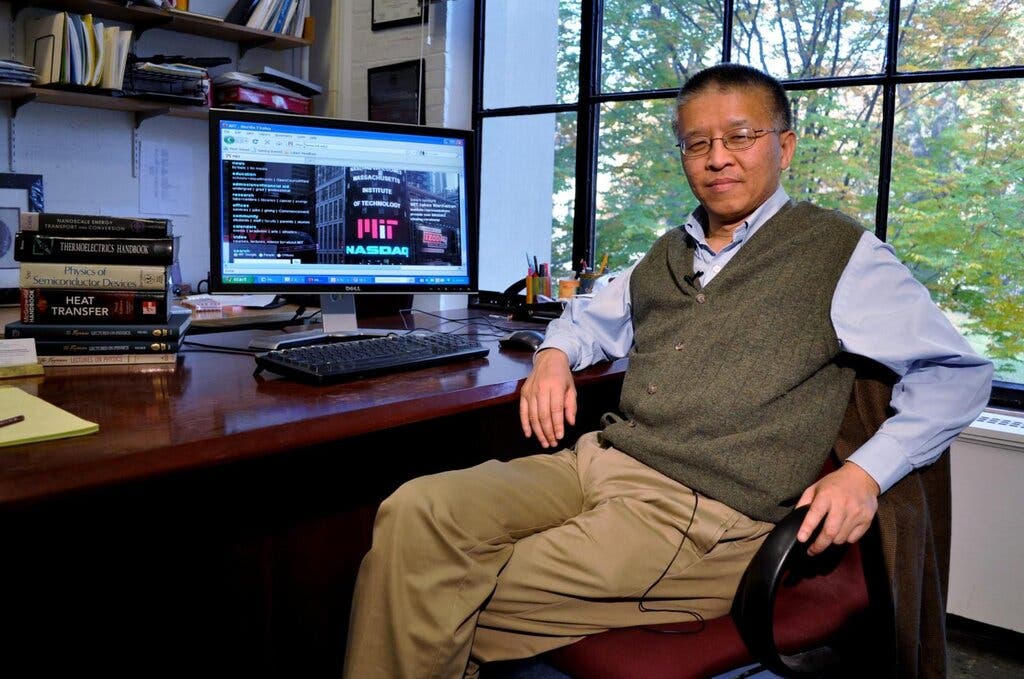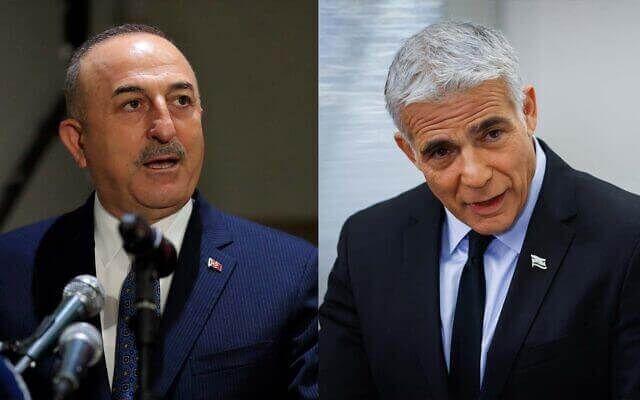South Asia
According to the American National Security Council’s senior director for China, Laura Rosenberger, the Biden administration will adopt a five-part strategy to counter China. For this, she said that India was “critical” in promoting peace and security in the Indo-Pacific, along with countering China’s growing influence in the region. [Hindustan Times]
The European Union’s Foreign Affairs spokesperson, Peter Stano, announced the bloc’s decision to re-establish “minimal presence” in Afghanistan to ensure the delivery and distribution of humanitarian aid to the people of the war-torn country. However, he clarified that this should not be viewed as the bloc’s recognition of the Taliban government. [NDTV]
Central Asia and the Caucasus
Armenian Foreign Minister Ararat Mirzoyan has received an invitation to attend Turkey’s flagship Antalya Diplomacy Forum this year, the Armenian Foreign Ministry said on Thursday. The move comes as Armenia and Turkey have shown willingness to normalise ties. [Public Radio of Armenia]
The Kazakhstan police said on Thursday that they found “secret graves” in Almaty following the violent unrest earlier this month. Police said they recovered 41 bodies from one of the graves and noted that the bodies were “taken away” from nearby morgues. The police accused groups among the protesters for making the graves “to make it difficult to identify participants from the unrest.” [RFE/RL]
East and Southeast Asia
During the virtual talks between the foreign and defence ministers of Japan and France, both sides shared “serious concerns” regarding North Korea’s series of missile tests and agreed to bolster their cooperation in the Indo-Pacific region. [Kyodo News]
Chinese cybersecurity experts have warned Beijing of a United States (US) ploy to launch a massive anti-China campaign to interfere with the upcoming Winter Olympics. After Russia revealed the alleged ploy, China urged the US to act responsibly as a world power. [Global Times]
Europe
The British government will provide Tonga with critical humanitarian and disaster relief, including water, tents and other protective equipment, to help them navigate the impact of the tsunami. To achieve this, the UK will work with the naval forces of Australia and New Zealand. [UK Government]
On Thursday, Russia’s Central Bank laid out a proposal to ban cryptocurrency investment and mining over threats to monetary stability. In a statement, the Central Bank argued that decentralised currencies such as these are driven by “speculative demand” that creates a risk of a bubble in the market. The Bank also cited “unproductive consumption” of electric power by cryptocurrency mining that goes against Russia’s environmental agenda. Russian citizens trade around $5 billion in decentralised cryptocurrencies every year. [The Moscow Times]
The Israeli Defense Ministry on Thursday said Germany’s Thyssenkrupp Marine Systems would build three advanced submarines for the Israeli Navy in a deal worth $3.4 billion. Both sides also signed an industrial strategic cooperation agreement worth at least $960 million, the ministry added. The first submarine, part of the Dakar series, would be delivered in approximately nine years.[Reuters]
Latin America and the Caribbean
Peru declared an environmental emergency on Thursday after announcing that 21 beaches along its coast have been contaminated by an oil spill from an Italian tanker caused by the volcanic explosion in Tonga earlier this week. President Pedro Castillo said that a committee will be formed to find solutions to the crisis. [Associated Press]
Venezuelan President Nicolás Maduro held a phone call with his Russian counterpart Vladimir Putin on Thursday to discuss defence and security ties as well as the supply of COVID-19 vaccines to its citizens. The talk came a week after Russia hinted at the possibility of sending military aid to Cuba and Venezuela if NATO supplies Ukraine with military equipment. [Associated Press]

Middle East and North Africa (MENA)
The United Nations General Assembly (UNGA) on Thursday adopted an Israeli-sponsored resolution aimed at combating Holocaust denial on social media. It was backed by dozens of countries, including the United States and Germany, and provides a clear definition of holocaust denial while making social media and internet companies responsible for removing posts. It marks only the second time that Israel has been able to pass a resolution in the UNGA. [Haaretz]
During a telephonic conversation between Israeli Foreign Minister (FM) Yair Lapid and his Turkish counterpart Mevlüt Çavuşoğlu, they discussed bilateral, economic and security ties. The call was the first between both countries’ FMs to be publicly announced in 13 years. [Times of Israel]
North America
On Thursday, federal prosecutors in the United States (US) charged four Belarusian government officials with aircraft piracy allegations for disrupting a Ryan Air flight last year to arrest dissident journalist and activist Raman Pratasevich. New York attorney Damian William said in a news release that the defendants repressed free speech and endangered passengers by diverting the aircraft on false bomb threats. [The Voice of America]
On Thursday, the United States (US) Justice Department dropped the charges of espionage against Massachusetts Institute of Technology professor and scientist Gang Chen. Chen was accused by the US of concealing ties regarding his relationship with the Chinese government, particularly being part of a government talent program and acting as an overseas advisor to Beijing. Prosecuting attorney Rachael Rollins said that the department no longer meets “our burden of proof at trial.” [ABC News]
Oceania
International aid pours in for Tonga as the Pacific island nation runs short of drinking water and food following an underwater volcanic eruption. The first flights from Australia and New Zealand reached Tonga on Thursday with water supplies for sanitation and hygiene along with power generators, shelter and communication equipment. Two Japanese aircrafts carrying aid supplies are expected to arrive in Tonga today. [ABC News]
Australia’s Sports Minister, Richard Colbeck, said Australian athletes should have the freedom to express their political opinions at next month’s Winter Olympics hosted by Beijing. Colbeck’s comments come after Beijing warned athletes not to break China’s restrictions on freedom of speech and threatened them with “certain punishment” if they break the rules. “The IOC [International Olympic Committee] has made it clear that all athletes have the right to political opinions and the freedom to express them, including through social media and media interviews,” he said. [Brisbane Times]
Sub-Saharan Africa
A stampede at an open-air prayer meeting in the Liberian capital of Monrovia killed 29 people, including 11 children and a pregnant woman, on Thursday. Local media reported that knife and machete-wielding bandits attacked the worshippers who had gathered in thousands at the event, which may have triggered the stampede. [Africa News]
The United Nations (UN) agreed to replace thousands of Ethiopian forces within the UN Interim Security Force for Abyei (UNISFA) with other UN forces, Sudan announced on Wednesday. Sudan had demanded the replacement of the Ethiopian forces within the UNISFA in the wake of a border dispute with the country. [The East African]

